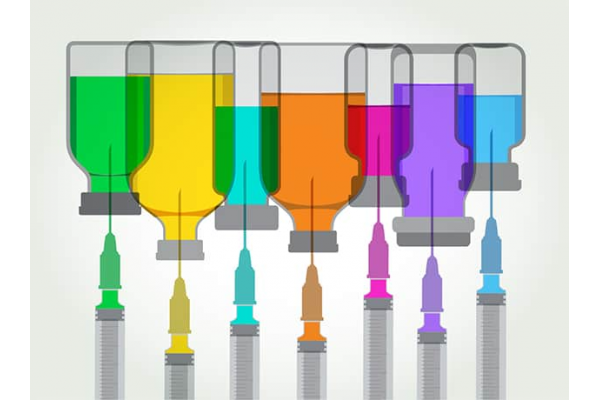UK Researchers developing new tetanus test to identify global immunity gaps
July 17, 2024
Source: https://pharmatimes.com/news/uk-researchers-developing-blood-free-tetanus-test-to-identify-global-immunity-gaps/
 479
479

The serious, rare condition is responsible for up to 7% of all neonatal deaths globally
Researchers from the University of Birmingham are developing a new blood-free test to help identify children across the Global South missing immunity to tetanus and other essential vaccines.
Supported by £1.1m of funding by the Medical Research Council, the low-cost, non-invasive saliva lateral flow test can potentially reveal whether a person has protection against tetanus within just 15 minutes.
Estimated to be responsible for up to 293,000 deaths worldwide every year, according to the European Centre for Disease Prevention and Control, tetanus is a serious disease of the nervous system caused by a toxin-producing bacterium, Clostridium tetani, and is responsible for up to 7% of all neonatal deaths globally.
Newborn tetanus is a rare condition that occurs in infants most often within the first ten days of life, resulting from an infection in the umbilical stump.
“As tetanus vaccination features in all combined immunisations alongside other serious diseases, if an individual is unprotected against tetanus, they are also likely to be missing protection against other serious vaccine-preventable diseases,” explained Dr Jennifer Heaney, research fellow, University of Birmingham.
Able to be used anywhere, the new test could help improve access to immunity testing in locations that are unable to determine protective status and collect sero-epidemiology data.
Upon completion of laboratory testing, the new test will be evaluated in Rwanda in partnership with the Rwanda Biomedical Center, the Africa Centre for Excellence for Sustainable Cooling and Cold-chain and the Center for Family Health Research, based in Kigali, to determine whether it works in real life and discover how acceptable the test is among the local community.
“Data from the test could support individual decision-making and generate population estimates of immunity coverage,” said Dr Christopher Green, healthcare lead, ACES, University of Birmingham.
The test could later be trialled in other low- and middle-income countries to measure immunity among different communities and support vaccination monitoring and planning.
By editorRead more on
- Gan & Lee Pharmaceuticals’ new PROTAC drug GLR2037 tablets have been approved for clinical trials to enter the field of prostate cancer treatment March 3, 2026
- AideaPharmaceuticals plans to raise no more than 1.277 billion yuan through a private placement to focus on the global clinical development of innovative HIV drugs March 3, 2026
- Giant Exits! Its Star Business Acquired March 3, 2026
- Focusing on cardiovascular and cerebrovascular diseases! OpenMediLead Medical Intelligence Dual Engines Launch Internal Testing, Connecting Drug Development and Clinical Diagnosis in a Closed Loop March 3, 2026
- Innovent Biologics Announces Approval of New Indication for BTK Inhibitor “Pitubrutinib” in China March 3, 2026
your submission has already been received.
OK
Subscribe
Please enter a valid Email address!
Submit
The most relevant industry news & insight will be sent to you every two weeks.



